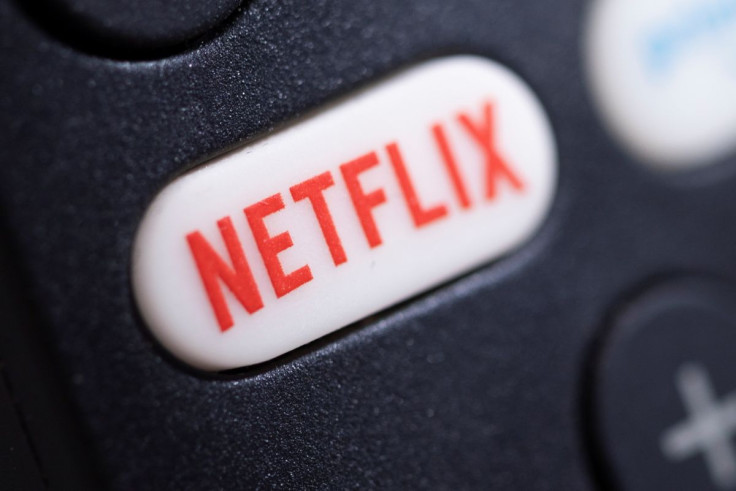How The ‘Netflix Of Independent Films’ Is Providing A Third Way Between Streaming Giants And Hollywood

In 2019 legendary director Martin Scorsese wrote an op-ed, published in the New York Times, in which he said that although Marvel Movies are made by people with considerable talent and artistry, they aren’t cinema. “They seem to me to be closer to theme parks than they are to movies as I’ve known and loved them throughout my life,” said Scorsese. Cinema, he said, was an art form. It’s about confronting the unexpected on the screen and in the life it is dramatized and interpreted. It’s about exploration and revelation – aesthetic, emotional, and spiritual.
Scorsese went on to say that whilst there was always a tension in Hollywood between the artists and the people who ran the business, it was a productive tension that has now been replaced by what he called absolute indifference, on the part of some, to the very question of art and an attitude toward the history of cinema that is both dismissive and proprietary.
The result, he said, was the emergence of modern film franchises: market-researched, audience-tested, vetted, modified, revetted, and remodified until they’re ready for consumption. This in turn has led to what he termed “worldwide audiovisual entertainment” versus cinema.
Rethinking how we support independent storytelling
Making independent movies has never been easier. Would-be filmmakers are now able to shoot movies using their smartphones and low-budget movies, like Tangerine, which was honored at the Sundance Festival, are achieving great success. Globally, independent films are being supported on a previously unseen scale as government and private funding increases, and international filmmakers expand their cultural footprint on the global stage. This is why the quality of international moviemaking continues to advance year on year, and why non-Hollywood offerings and more diverse, interesting content is breaking through to the stale US market, winning awards, and meeting with great success. But it's just the tip of the iceberg.

There are so many wonderful independent movies that never get to see the light of day because it remains very difficult for film producers to market and distribute low-budget films. Adding to their difficulties is the fact that a number of the traditional streaming platforms produce their own content, instead of buying films made by independent filmmakers. And where content is externally sourced, these decisions are being made by big tech executives who typically have no background in entertainment or the arts.
As entertainment and media have become a growth industry and companies like Amazon, Facebook and Apple have begun to saturate their traditional markets – shopping, social media, and tech gadgets - they’ve migrated to the entertainment industry to take advantage of the opportunities on offer. But a big tech monopoly of the entertainment industry means that algorithms start to determine which stories we hear and which ones we don’t. That’s why we have to rethink the way we support independent films and Filmocracy is doing just that.
Filmocracy brings together great storytelling, emerging talent and industry professionals to the fans
Filmocracy is the world’s premier digital screening, distribution, and experience platform. Filmocracy is a gamified movie streaming service that incentivizes users to watch, rate, and invest in films. It aims to help the 95% of films that go undistributed get discovered and generate revenue, whilst giving viewers access to thousands of original movies and festivals from all around the world. The idea behind Jun’s service is that creatives have a platform for their work and movie fans have access to the kind of creative, diverse original storytelling that is increasingly hard to come by – all while getting rewarded for watching and reviewing movies. Users earn virtual popcorn for watching and rating movies, which can be spent in their shop to earn movie tickets, redeem gift cards, or attend virtual film festivals hosted from around the world.
“Filmocracy is not just a streaming site - it's a community,” says Jun. “We're all about helping filmmakers gain wider recognition while generating revenue for their work. We aim to create a direct connection between the fans, critics, and filmmakers in a cohesive and supportive group.”
Filmocracy has thousands of the best independent films and hosts multiple virtual film festivals every month from around the world. Each virtual film festival has its own unique festival village- complete with original programming, panels, director Q&A's, and live networking opportunities.
The platform’s mission is to help all independent filmmakers reach wider audiences and grow their communities through storytelling. The platform currently has 32 000 subscribers and a library of more than 3,500 titles for streaming that is constantly evolving and rotating.
Presumably, Mr. Scorsese would approve.
NOTE: This article is a contribution and do not necessarily represent the views of IBTimes.











